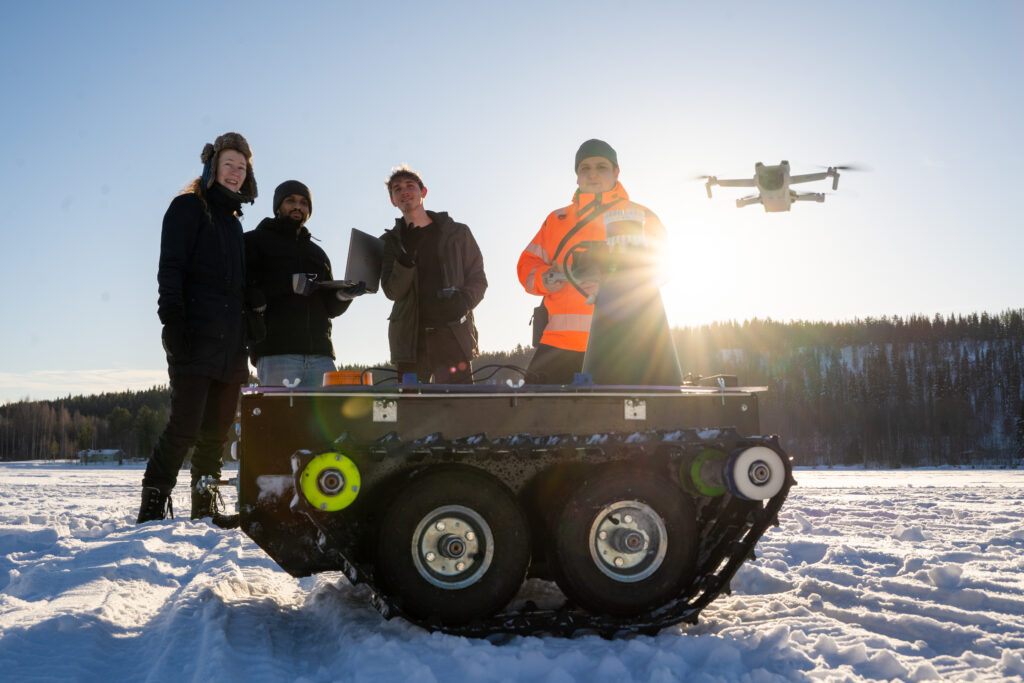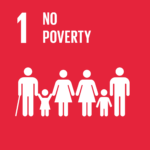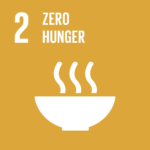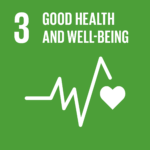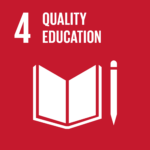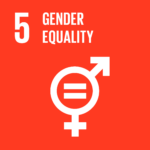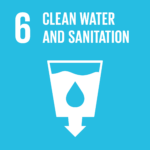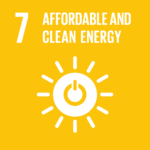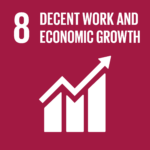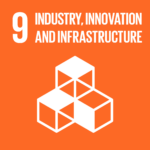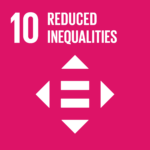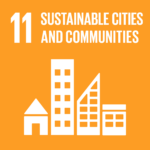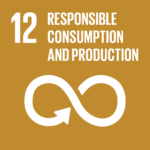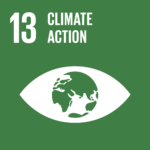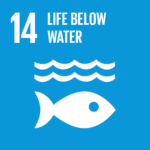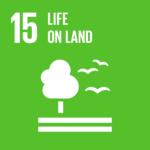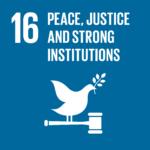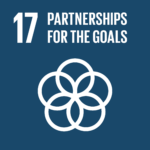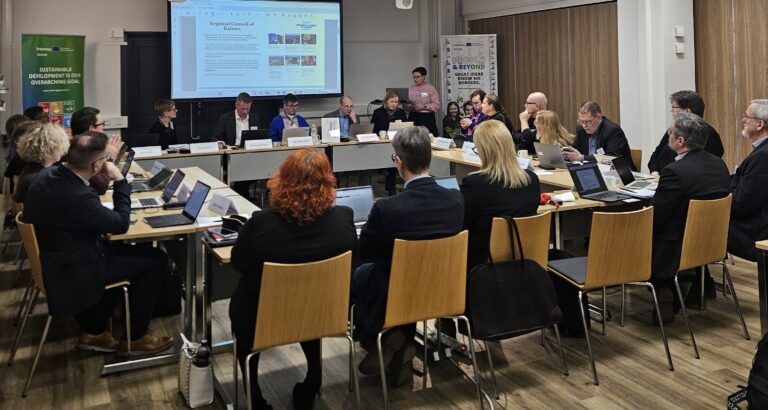Methane is one of the most powerful greenhouse gases, with a much greater short-term warming effect than carbon dioxide. Yet, it’s often hard to detect and quantify, making it difficult to act on emissions.
The Interreg Aurora funded project Methane Quantization and Localization (MEQAL) explores how sensor technology and drones can be used to detect methane leaks from sources like landfills, agriculture and wetlands. By developing sensitive sensors, mapping emissions with drones, and creating smart analysis tools, the project aims to identify leaks more quickly and accurately.
The goal is to reduce climate impact through faster interventions and better decision-making. MEQAL contributes to the development of sustainable, cost-effective solutions for real-time methane monitoring and supports climate action by enabling improved methods for measuring and managing emissions.
The project also strengthens interdisciplinary research and the innovation needed to tackle one of the most urgent challenges in climate science.
Contact: Göran Thungström, Project Manager at Mid Sweden University, goran.thungstrom@miun.se
Photo: Tuuli Nivala

